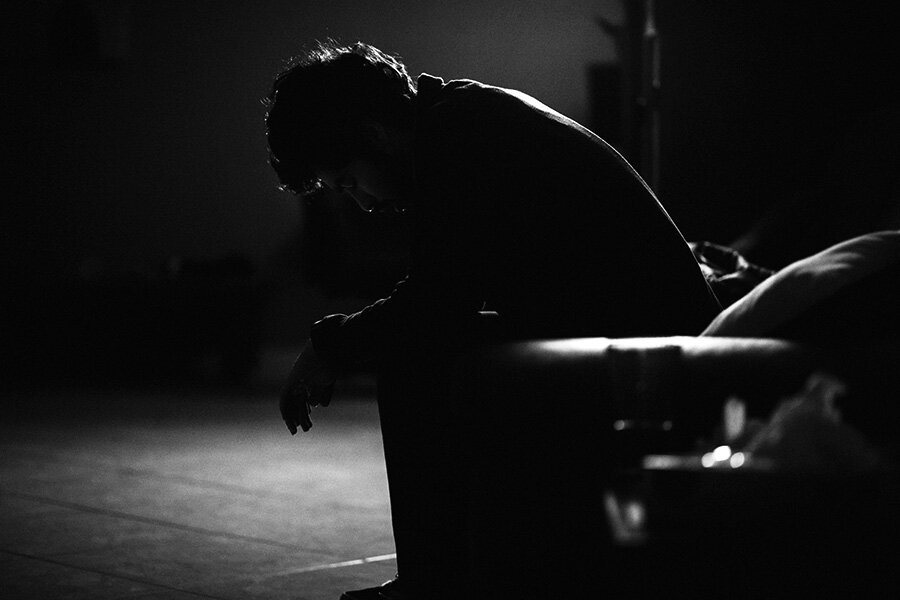Stigmas and Seeking Help When Grieving
Grief is a natural way that we process loss and hardships. Grief can come from the death of a loved one, the loss of a job, the end of a relationship, major life changes, or any other source. Unfortunately, there can be a lot of stigma surrounding seeking professional help when dealing with grief.
Seeking Help
If you feel like you should reach out to a professional therapist or grief counselor because of your emotions, then you should. It is always OK to seek help, no matter what anyone else says. This article will look at why professional help can be stigmatized, and how to overcome that in order to get the help you need.
Therapy isn’t Only for "Crazy People"
Therapy and counseling have been stigmatized heavily throughout the years. While it is becoming more normalized now, it is not uncommon for people to assume that only the mentally ill require therapy. Coping with grief can be incredibly difficult, especially when you feel like you are doing it alone. Seeing a grief counselor doesn’t make you a crazy person. It simply means that you are willing to work through your emotions and come out feeling better.
Not Being Alone in Your Fight
Many people, even those surrounded by family, can feel alone in their grief. Whether you seek out a grief counseling group or have a one-on-one session with a therapist, it can be comforting to have someone to lean on. Grief can be overwhelming at times, but it can be comforting to have someone to talk to. Because everyone grieves differently, you might not always be able to count on your loved ones for support.
Stigmatized Grief
Sometimes, the stigma is less about seeking help, and more about why you are grieving. Some losses are stigmatized by how society treats those we have lost. This can commonly be seen in loss from drug overdoses, suicide, those with HIV/AIDS, and more. While these losses can be tragic, some people may try to devalue your feelings of grief because of their personal feelings toward the cause of death. However, their opinions should not affect how you cope with your grief. Your grief is personal, and your feelings are valid.
Self-Stigma and Grief
Many people that cope with grief can feel conflicted about seeking help because of the stigma surrounding it. But it is important to understand that it is always better to seek help before your grief escalates into deeper emotional culminations, such as depression or anxiety. Coping with grief can be difficult, but it is not a fight that you have to take alone.
The author of this post is not a professional therapist or counselor. For assistance in finding a grief counselor that is right for you, there are a number of resources out there. For our Grief Resource center, written by Dr. Bill Webster, click here.
For almost 50 years, Matthew Funeral Home has been serving the Staten Island community. We can help with almost every aspect of your loved one’s memorial service. Our family is here to serve yours, every step of the way.
 (718) 761-5544 |
(718) 761-5544 |  matthewfh@matthewfuneralhome.com |
matthewfh@matthewfuneralhome.com |  2508 Victory Boulevard, Staten Island, NY 10314
2508 Victory Boulevard, Staten Island, NY 10314








 matthewfh@matthewfuneralhome.com
matthewfh@matthewfuneralhome.com
Comments